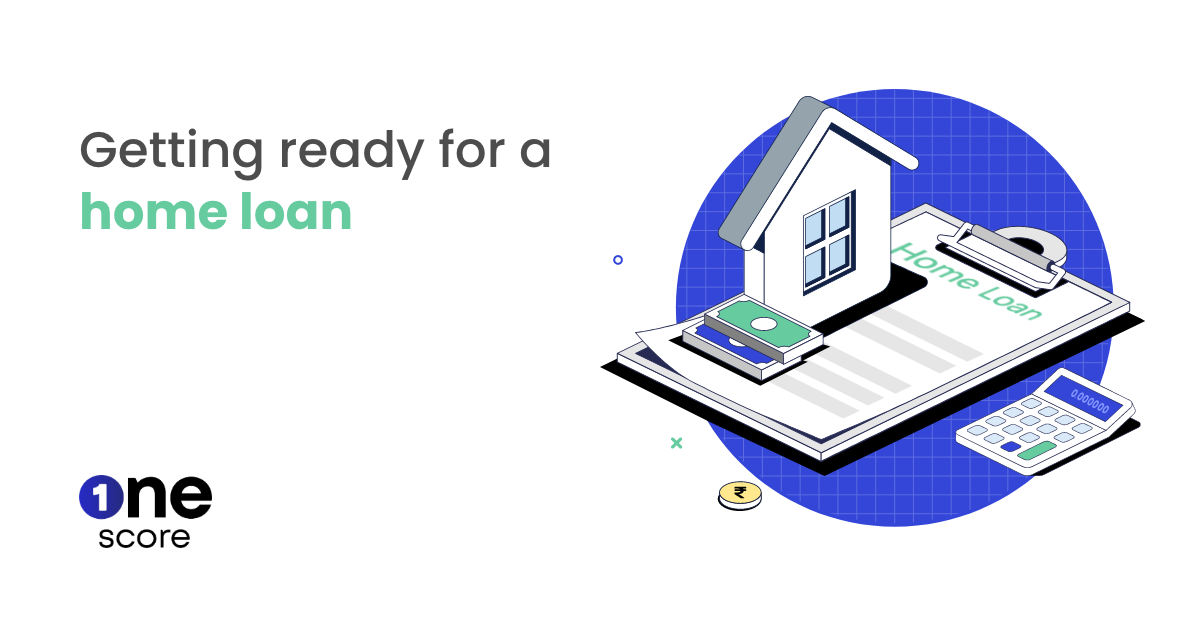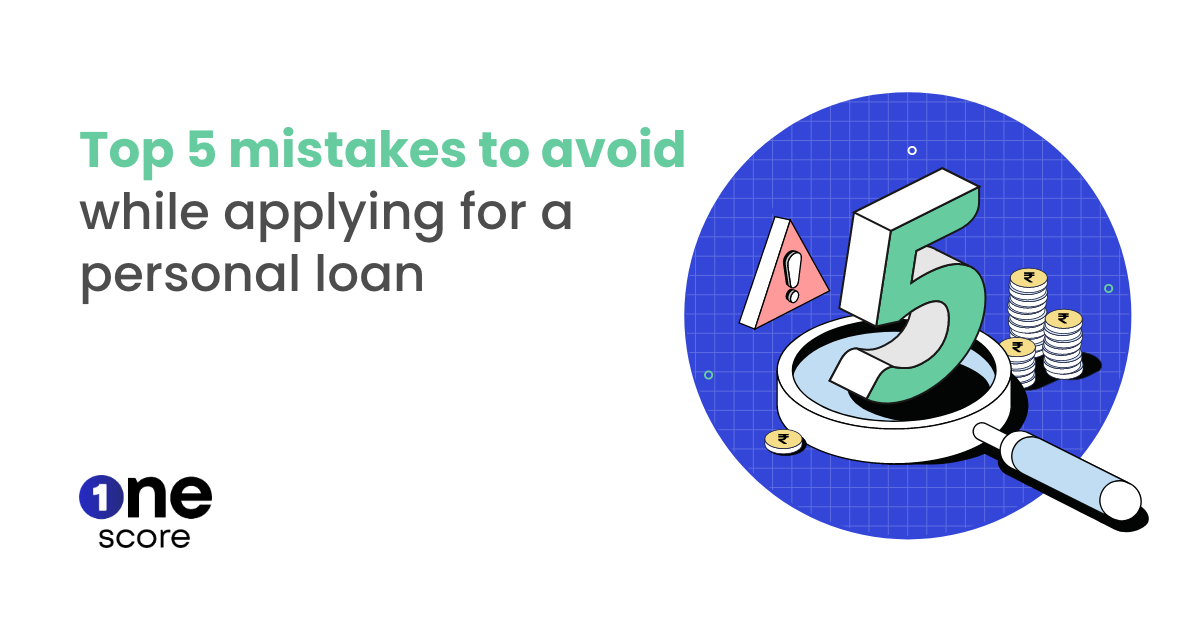How to prepare for your first home loan
Getting a home loan can be a overwhelming procedure. Here’s a checklist to be better prepared

Listen to the article here:
Everyone has exciting ideas for their first house, that is until the reality strikes. From figuring out the right location to arranging downpayment, it’s a complete journey in itself. Applying for home loan is an overwhelming procedure and one can never be fully prepared for it. Nonetheless, we have put together a checklist to take some burden off your shoulders. Read on to know more.
1. Building down payment
Down payment is the upfront cost you have to pay for buying a property, while the remaining amount can be paid as home loan EMIs. Most lenders approve 70%-80% of the property value as the loan amount. The down payment is usually 10% and 25% of the property’s market value. For example, If you are looking at a 1 BHK that costs Rs 40 lakh, then the down payment can be anywhere between Rs. 4,00,000 to Rs. 10,00,000.
You may or may not have such a big amount readily available, so it’s important to build the corpus over time. Here’s how you can grow your money to get there.
a.Invest you must!
Savings alone are not sufficient to put together such a heavy amount. That’s why one should also consider investing. A regular savings account earns you up to 4-5% pa and an FD or a recurring deposit gets you returns up to 6-8% pa. However, investing may get you higher returns, depending on how the fund performs.
Note: It’s important to do thorough research before investing as market investments are subject to market risks.
b.Don’t forget - there are hidden charges
Down payment isn’t the only thing you need to worry about. Booking a house involves many additional charges a lot of people figure out while at it. For example, stamp duty ( 5%-7% of the property value), memorandum of title deed charges (0.1% of the loan amount), registration fees (about 1%), interior cost, electricity connection, water supply, etc. There is also brokerage fees, home insurance, legal fees, etc. involved.
2. Factors affecting loan terms
a. Credit Score
A good credit score (750 & above) doesn’t just increase your eligibility for a home loan, but can also get you better terms & interest rates. A poor credit score on the other hand may attract a heavy interest rate, which eventually makes the property costlier.
Check your credit score on OneScore to see if you are prepared for a home loan. It’s free of ads and spam.
b. Job profile
Lenders consider an individual with a stable income source low-risk whereas an individual with an unstable income is considered high-risk. This may result in better loan terms and lower interest rates for individuals with a stable income. getting loans is far easier for salaried professionals.
c. Interest rates & EMIs
To understand the math of EMIs, one must understand Debt-to-income (DTI) ratio.
What is a DTI ratio?
Debt-to-Income ratio is the percentage of monthly income used for loan repayments. Lenders generally allow up to a 50% DTI ratio if you have no other liabilities. But it’s not recommended to go for a higher loan or higher EMI. One should also factor in their other expenses and prioritize affordability over availability.
Too short a tenure will cause a spike in your monthly EMIs whereas a longer tenure may lead to lower EMIs but heavy interest fees. Choose a tenure that aligns with your repayment capacity.
This is how DTI is calculated:
DTI = Total value of loan repayments in a month / Total gross monthly income x 100
A Debt-to-Income Ratio between 25% to 36% is usually considered manageable.
3. Review your finances
a. Update Your Insurance
As a first-time homeowner, one should also consider getting home insurance. It ensures that dependents don’t become homeless in crises such as the borrower’s demise or accident. You can also opt for additional features and riders that offer enhanced coverage in case of damage to property, terminal illness, job loss, etc.
b. Avail of tax benefits
Now here’s the great part. You can claim deductions on both the principal and the interest paid for a house loan, under Section 80C and Section 24(b) of the Income Tax Act respectively. You can claim up to Rs 1.5 lakh pa on the principal repaid and Rs 2 lakh pa on the interest paid.
And in the case of joint loans, up to Rs 1.5 Lakh for principal repayment and Rs.2,00,000 for interest paid can be claimed by each co-borrowers.
Found the article helpful? Download OneScore and stay in charge of your finances.
**Disclaimer: The information provided on this webpage does not, and is not intended to, constitute any kind of advice; instead, all the information available here is for general informational purposes only. FPL Consumer Services Private Limited and the author shall not be responsible for any direct/indirect/damages/loss incurred by the reader in making any decision based on the contents and information. Please consult your advisor before making any decision.

- OneScore , February 10, 2023

